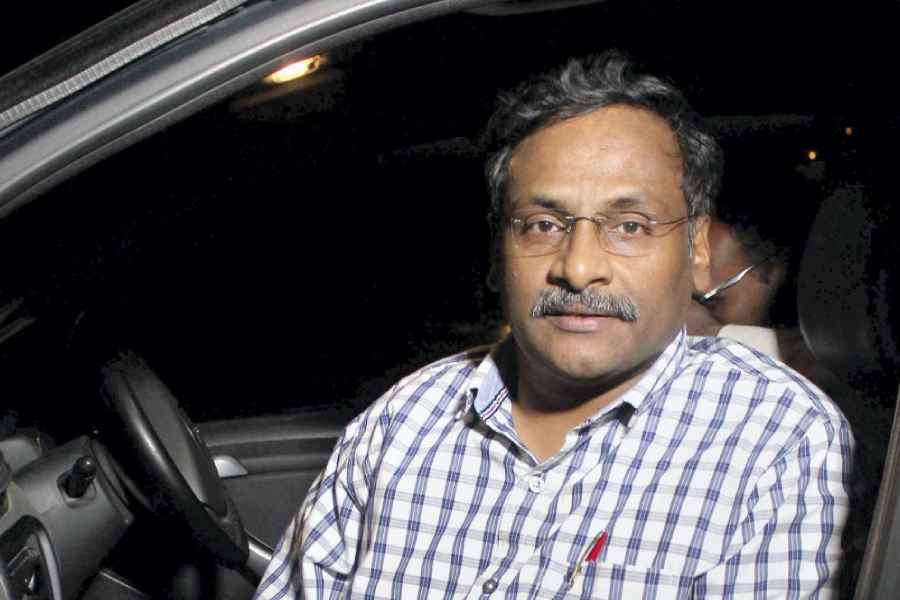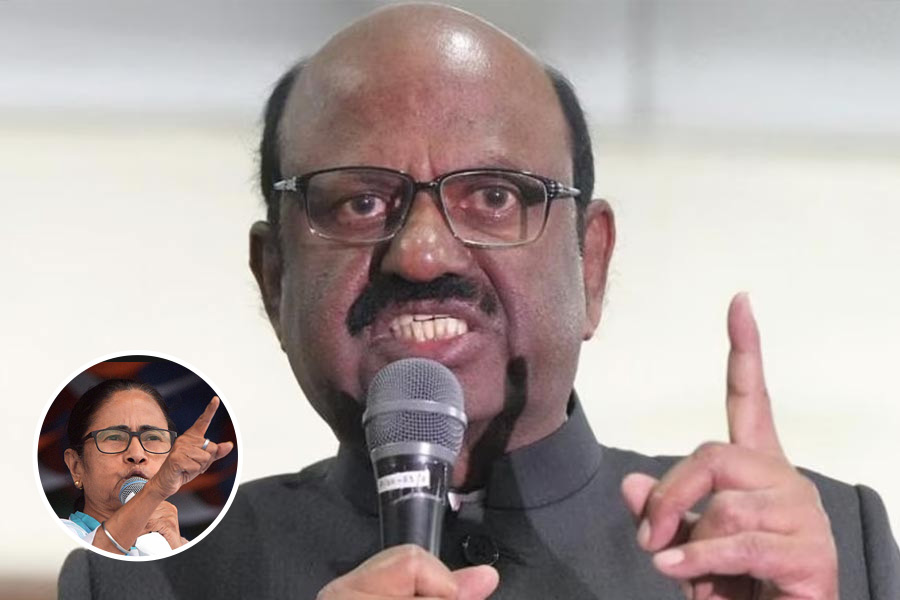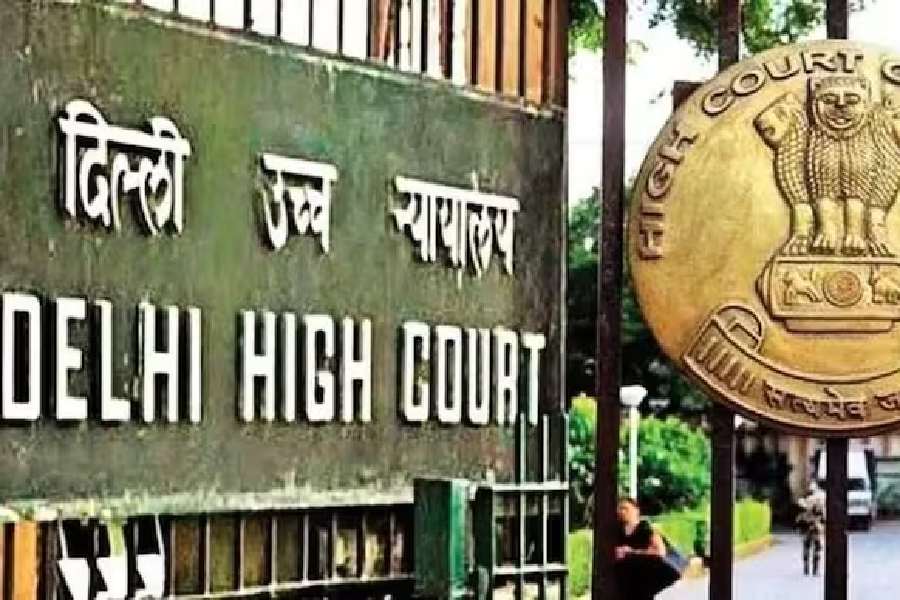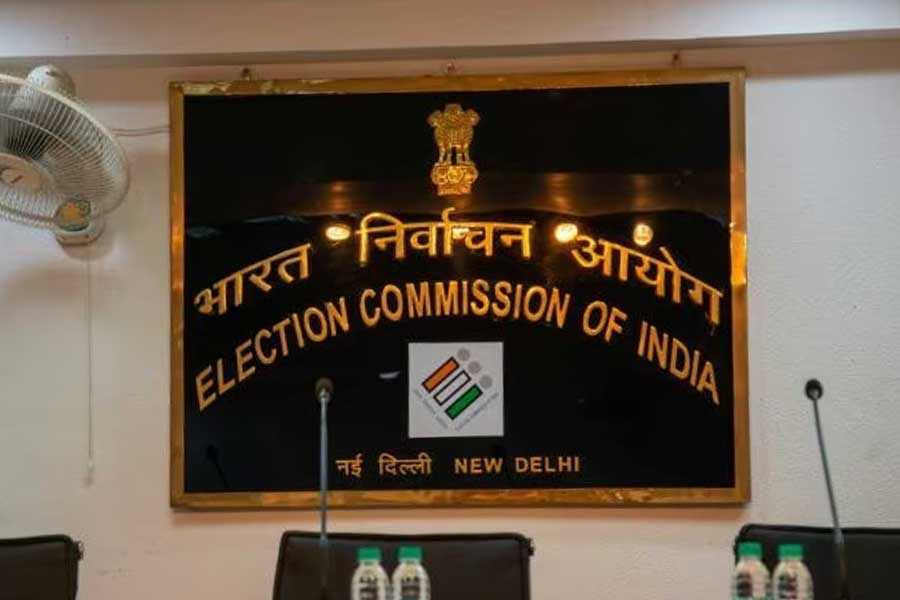Waging war against the government is a grave crime and it is expected that the police would be as serious in proving it. What the example of G.N. Saibaba demonstrates, however, is the State’s indifference towards the procedure surrounding arrests and evidence under anti-terror legislations. After being convicted under the Unlawful Activities (Prevention) Act, and sentenced to life imprisonment for Maoist links, the professor, Mr Saibaba, already in difficult health, spent a total of 10 years in jail together with five others, one of whom died in 2022. The Bombay High Court has now acquitted them on the basis of failures — not just flaws — of procedure. The prosecution could not establish legal arrest and seizure of five accused and the seizure of incriminating material from the professor’s house. Proof of the electronic evidence according to the relevant laws failed too. The sanction to prosecute under the UAPA that would follow the review of the material against the accused by an independent authority was invalid as well. Although this was a special procedure to ensure fairness in rigorous, bail-scarce UAPA accusations, it operated as a mere permission to prosecute. Even though the Bombay High Court discharged the accused on this basis in 2022, the Supreme Court had stayed the discharge.
The details of this case reveal the way the State works when laws have been weaponised against suspected dissenters and critics. No act, conspiracy or membership seems to be needed for arrest under an anti-terror law, although possession of literature relating to banned organisations cannot be reason for prosecution. Even if there is sympathy, which having such literature does not prove, it cannot be cause for prosecution. The State cannot dictate thought or feeling. The police’s casualness in establishing culpability indicates that incarceration is the goal. Personal liberty is paramount in constitutional values and in any civilised conception of human rights; any law that makes bail difficult should therefore be applied with the greatest care. The professor and his co-prisoners have lost 10 years; one has died and the professor’s health has been seriously threatened. Of 8371 persons arrested under the UAPA between 2015 and 2020, only 2.8% were convicted, which exposes the attitude of the State. Thousands are still waiting for a resolution. Would Stan Swamy have lived if bail had been the rule and jail the exception?










